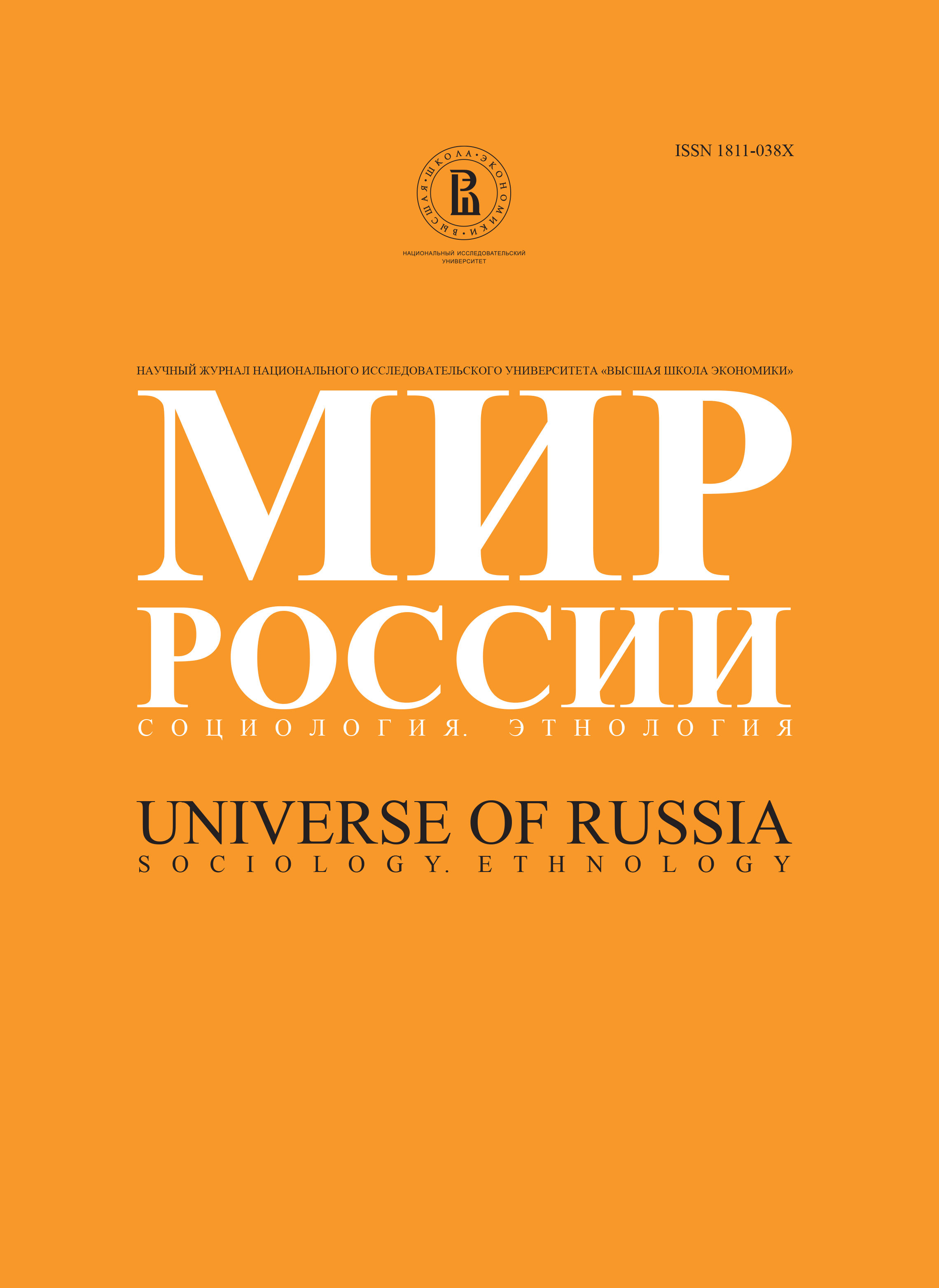Does the Russian idea have a future?
Abstract
For the Russians the self-perception, the comparison with other cultures, has always been very significant. The famous poetry quotation of Tiutchev - «Russia can not be understood rationally, nor by common standard known...» - is a typical characterization of the Russian school of thought that underlines the unique historical and spiritual experience of Russia, which is unmatched by the experiences of other countries. Of course, this position is based in national romanticism and self-mysticism. To support this position, scholars used and are still using not only the real facts but also the legends and sagas that led to the creation of both the stable myths of «Holy Russia» and «Russians as the Chosen people» («narod-bogonosets»), and the weaker myth of the «unwashed Russia» - the country of slaves and masters (in Lermontov's words).Despite the vast literature about the «Russian idea», it is still a mystery not only for foreigners but also for Russians themselves (though for centuries they attempted to solve it). The author describes it as a social myth. In principle, the stereotypical perceptions of any nation always create a myth and stereotypes about this nation. Mythology represents the primary clue for understanding a world view, and the national mythology, in this sense, is a clue to the national mentality. The myth about the nation is created not only «from the inside» but also «from the outside» - many Western travelers, writers, historians, and philosophers have contributed to the myth. The modern myth about Russia is very complicated and hierarchical. It contains mythological elements on several levels - from the everyday (associations with «frost», «vodka», «hospitality», «laziness», etc.) to the political level («patience», «people's pas¬sivity», «Mafia», etc.). The philosophical myth about Russia, referred to in the literature as the «Russian idea», represents the highest level of this mythological creativity.
The «Russian idea» has not died. It has not only its present but also a future. The «Russian idea», as any other social myths, carries out some social function: axiological (myth establishes common values), communicative-integral (myth rallies people around a com¬mon idea), compensatory (myth lets people get rid of an «inferiority complex»), and others. Because the myth accomplishes these social functions, it cannot be «abolished».
The rise of the nationalistic wave after decades of restrictions and forced «internation¬alization» in the former USSR is logical and predictable. Moreover, the fall of the «Iron Curtain» and a new «window into Europe» made the West a mirror in which Russia seeks to examine itself and to find originality. At this stage the reviving nationalism plays a relatively positive role because future development is hardly possible without an understanding of a national, cultural, political and spiritual character. In this sense the initial nationalistic rise presents an attempt to overcome the crisis of belief, the cri¬sis of national identification, and arguments about the specific character of Russian history not only strengthen the myth about Russia, but also rationally justify a discourse on national identity. In the same time, the existence of the «Russian idea» today is the symptom of a disease, a sign of the sick feeling of a national «inferiority complex». After passing the ini¬tial stage of revival, nationalism becomes very dangerous. At best (and most probable in Russia) it may lead to self-satisfied provincialism; at worst to fascism. The «Russian idea», based on an idealization of the past and stereotypes of the past, will not provide an answer to all the challenges of the modern world. Interpretation the «Russian idea» as a unique feature of Russia, to which any general trends of civilization and cultural development do not apply leads to the isolation, and the retardation of a country.






